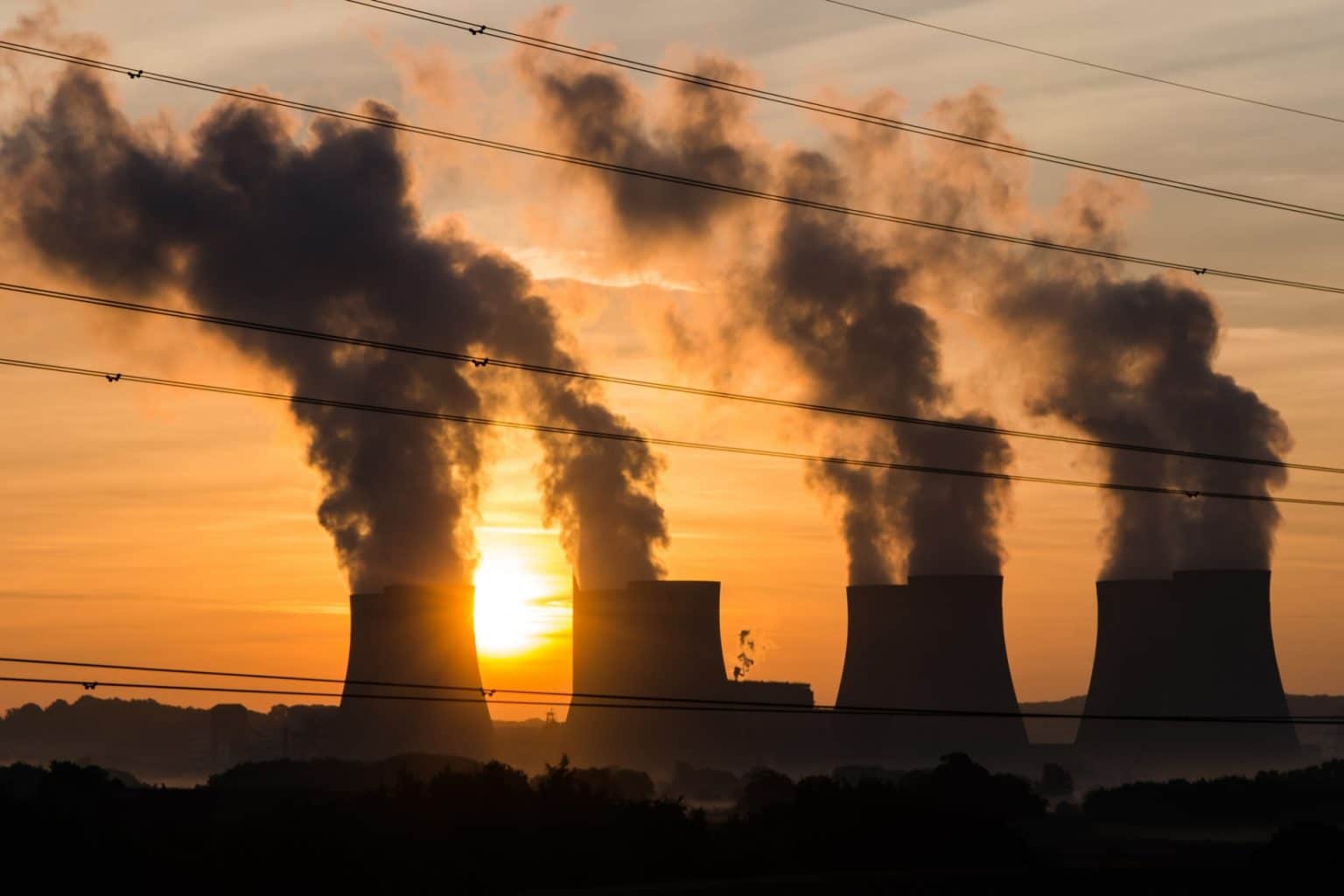Since the Paris Agreement was signed in 2015, a small number of fossil fuel entities — just 57 corporate and state producers — have been responsible for 80 percent of planet-warming carbon dioxide (CO2) emissions. And a majority of those actors have only expanded production in the intervening years.
That’s according to a new report released today by InfluenceMap detailing its Carbon Majors project, an influential database of fossil fuel production data. The database analyzes the individual carbon emissions of 122 “carbon majors” — publicly owned corporations, nation states, and state-owned entities — that, together, are responsible for more than 70 percent of fossil fuel and cement emissions since the start of the Industrial Revolution.
“The Carbon Majors research shows us exactly who is responsible for the lethal heat, extreme weather, and air pollution that is threatening lives and wreaking havoc on our oceans and forests,” said Tzeporah Berman, international program director at the grassroots environmental organization Stand.earth, in a press release.
The database — which academics, lawyers, and advocates often rely on for research and legal cases — had only included information through 2017. Today’s update brings the numbers current through 2022, providing a granular and timely portrait of the world’s biggest climate polluters. Their ranks have become even more intensely consolidated: In 2017, the rankings showed that 100 entities were responsible for 71 percent of the sector’s emissions between 1988 and 2015. The 36 largest producers alone make up that same share today.
Just five modern-day companies — ExxonMobil, Shell, BP, Chevron, and ConocoPhillips — are responsible for 11.1 percent of fossil CO2 emissions between 1854 and 2022. Of those companies, only Chevron has expanded oil and gas production in the years after the Paris Agreement; emissions from the other four entities have held roughly steady or declined. But Chevron’s approach is much more characteristic of the other majors listed in the report. In its analysis of the new data, InfluenceMap, a London-based nonprofit think tank, found that two-thirds of investor- and state-owned fossil fuel companies outside of North America expanded oil and gas operations between 2016 and 2022. In Asia, the difference was even starker: 87 percent of companies are polluting faster than they did in the seven years before Paris. Only in North America were a slim minority of carbon majors — 16 of 37 — linked to rising emissions.
“It goes against clear, science-based statements from, for example, the International Energy Agency, saying there should be no new expansion of fossil fuels if we’re on a net-zero trajectory,” said Daan Van Acker, an InfluenceMap program manager who worked on the update and led the work on InfluenceMap’s report.
“Shell is committed to becoming a net-zero emissions energy business by 2050, a target we believe supports the more ambitious goal of the Paris Agreement,” a spokesperson from Shell said, writing by email that the company had reduced its production from 1.9 million barrels of oil daily in 2019 to 1.5 million barrels of oil. The company had no comment on the report itself.
Emissions from nation-state producers have also soared in recent years, InfluenceMap’s analysis found, largely thanks to increased Chinese and Russian coal production, as well as Chinese cement production. Chinese coal alone accounts for 25 percent of global fossil fuel CO2 emissions.
Years of Number Crunching
Findings like these weren’t always so readily available. For years, greenhouse gas emissions statistics were aggregated at the national level, making it difficult to point the finger at specific entities. That changed in 2013, when Richard Heede, cofounder of the Climate Accountability Institute, first launched the Carbon Majors database, a project that had required years of number crunching. He used public production data from SEC filings, annual reports, and other corporate publications to assess historical production volumes for the world’s biggest carbon emitters, using that self-reported data to estimate impacts from extraction, processing, transportation, and consumption.
“This work is objective,” Heede told DeSmog in an interview. “It’s based on corporate reporting of what they produce each year, in a peer-reviewed methodology for how to quantify emissions.”
Heede’s approach has had significant impact on legal outcomes and academic research. In the U.S., the Carbon Majors database has been cited in a growing number of lawsuits filed by plaintiffs seeking to hold companies responsible for climate-related damages; in its report, InfluenceMap cited related cases in Maryland, Oregon, and California. Carly Phillips, a research scientist for the Union of Concerned Scientists, told DeSmog that her organization had used the database to assign responsibility for rising sea levels, ocean acidification, and the increased frequency of forest fires.
“It’s not an understatement to say it really transformed the landscape of corporate accountability, including corporate legal accountability, when it was released — and it’s become a critical instrument in in holding big climate polluters accountable,” said Carroll Muffett, President and CEO of the nonprofit Center for International Environmental Law, in an interview.
InfluenceMap took over the database from Heede and the Climate Accountability Institute two years ago, Van Acker said. He told DeSmog that the organization plans to start making data updates annually — meaning its portrait of carbon majors is about to get even more timely.
ExxonMobil, BP, Chevron, and ConocoPhillips did not respond to requests for comment by press time.
Subscribe to our newsletter
Stay up to date with DeSmog news and alerts







